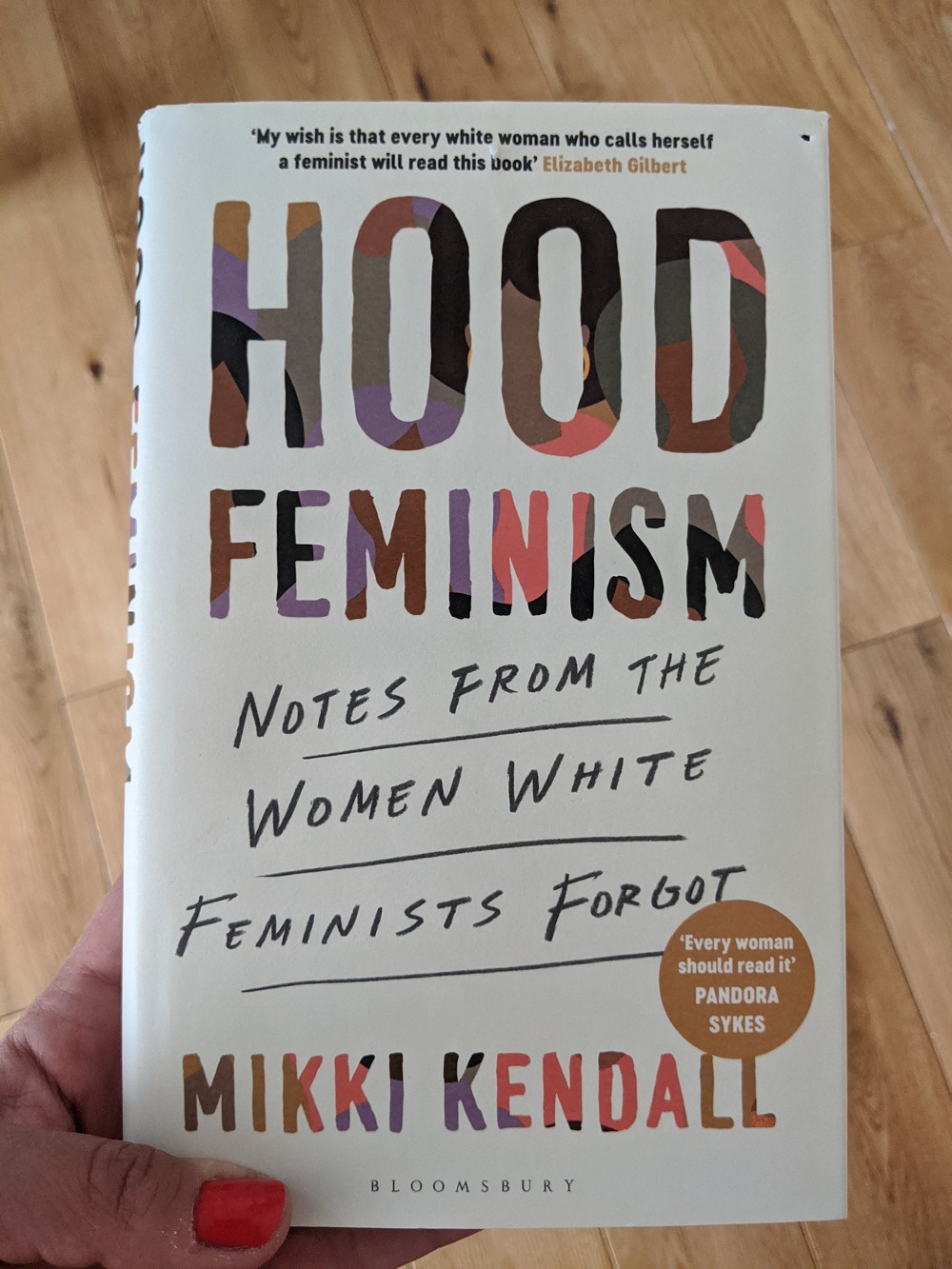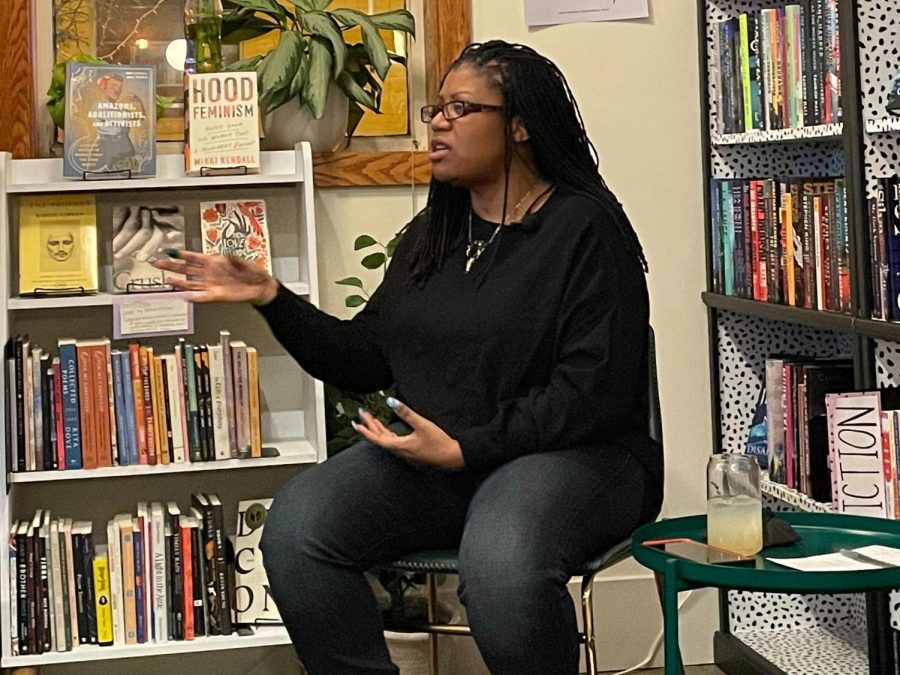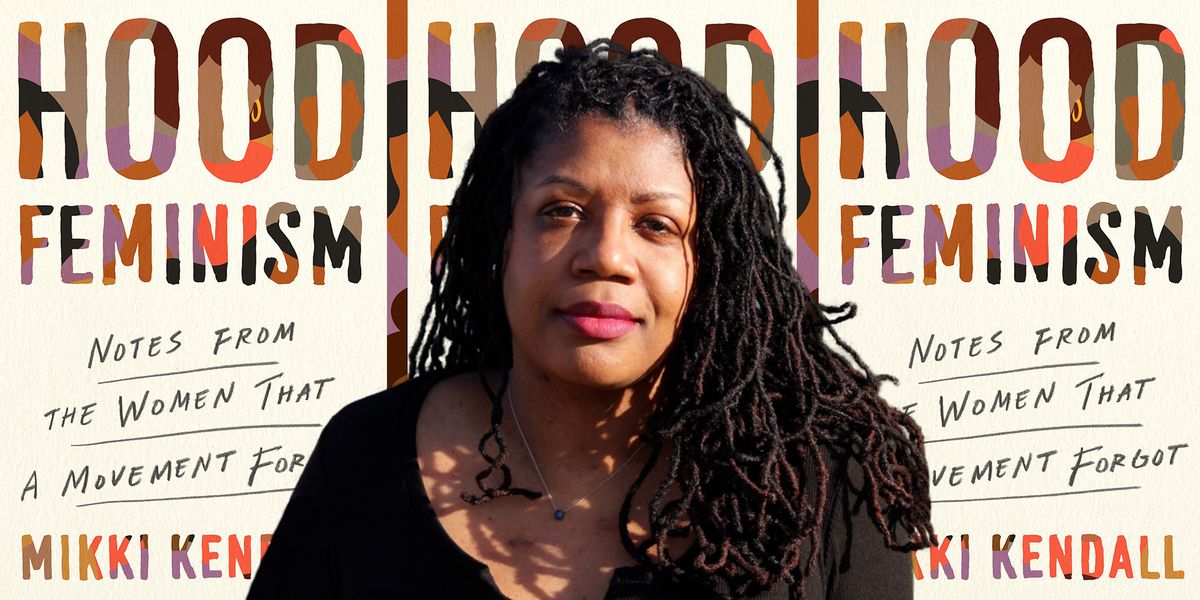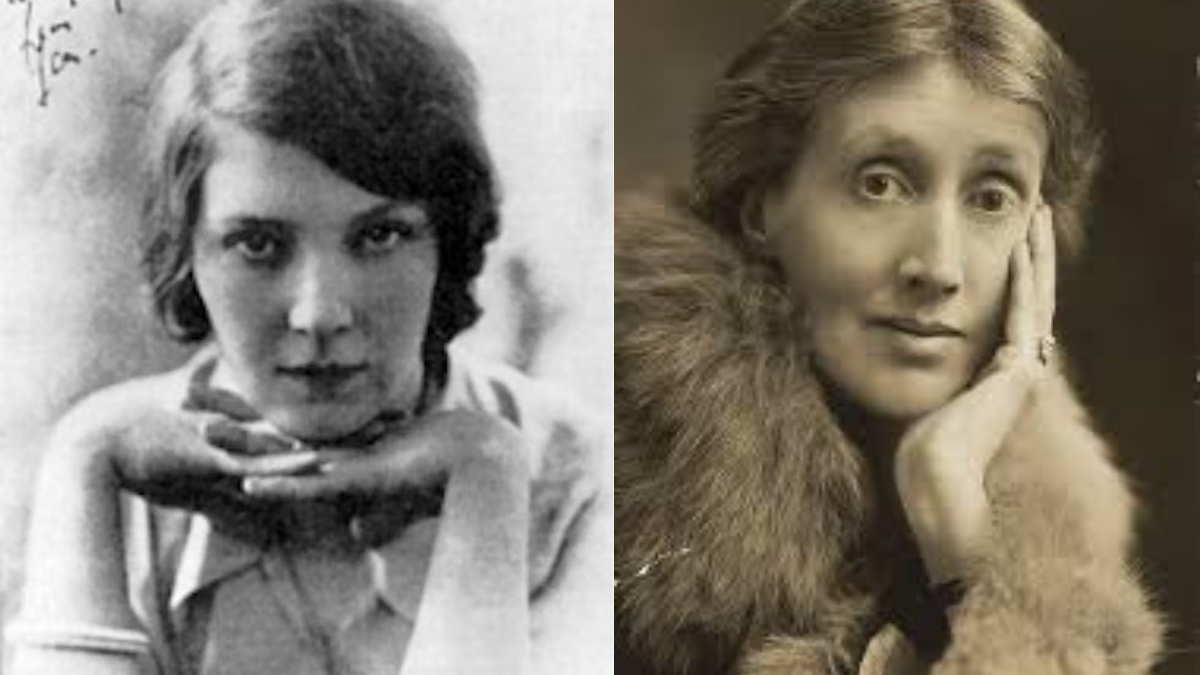Writer, feminist and cultural critic Mikki Kendall’s book Hood Feminism has a gripping tagline – Notes from the women white feminists forgot. This phrase is only a precursor to the disturbing truths to be unfolded over the course of an engaging and vulnerable read. Through her own life and through the experiences of other Black Americans, Kendall elaborates how feminism without intersectionality is a futile attempt towards equity and inclusion.
Most of the mainstream gender-based activism is centered on privileged groups, and this only creates gaps between the oppressors and the oppressed. Hood Feminism investigates how standing in solidarity with white women won’t solve the problems of Black women or queer individuals.

In cases like groping or theft, a white woman’s statement is believed more often than that of a Black woman, or for that matter, even a Black man. There have been attempts at smudging the edges of history to make it more convenient for those in power, squeezing in respectability politics and spreading shame and stigma around people who are socially positioned as not worthy of equal respect.
The author posits white supremacy as a barricade to the true motive of feminism, and extends the analysis to the other privileged sections of the society who define what constitutes a feminist issue for others. There is a paradox that often goes unnoticed if you take into account the organisations and bodies that work against any kind of discrimination. Instead of addressing the issue at its core, they are often keen on asking the oppressed to stay strong
In Hood Feminism, Mikki Kendall usurps the conventional rhetoric that reaffirms stereotypes about Black women that paint them as ‘strong and independent‘. Mainstream feminism fails to see the harm this does – it propagates the narrative that Black women are inherently strong to protect themselves, and they don’t need protection from the law or system. The representation of different Black communities in the media also fuels in maintaining ‘respectability‘ as a factor in deciding one’s safety.
When others define freedom for you, you lose the agency to fight for what matters to you. It is a dangerous and gruesome way to treat anyone. It stirs the very foundation of human rights.
Hood Feminism covers nuanced topics which are not often considered as a feminist issue in popular debates. Gun violence, poverty, adultification (the racist act of seeing colored children as more mature than their age), gang culture, food insecurity, public housing, LGBTQIA+ rights, and violence against sex workers are some of the many issues the writer elaborates on.
Also read: Book Review | Ain’t I A Woman: Black Women & Feminism By bell hooks

Kendall criticises the ‘isms’ that do not strive to the innate idea of improving human lives. Through different examples, she draws a definite line between ‘nice feminists‘ and ‘harsh feminists‘. While the latter is often at the receiving end of unabashed criticism and hatred from men and the powerful, the former group ignores the harm they are doing by being a feminist as defined by men.
Hood Feminism brilliantly dissects the rhetoric of toxic masculinity by exposing its plausible roots. It goes into intricate details of the difficulty to question the beliefs of the people you live with and comments on the importance of passing the mic. “It is important to step back, and wait to be invited in”, writes Kendall.
‘Hood Feminism’ is a book that calls you out, intimidates you, questions you, and leaves you to contemplate the true essence of feminism. There is an undeniable refinement feminism has to go through. Nevertheless, there is some kind of comfort in knowing that there is still so much to learn that can unfurl actual change, which further means we win in the long run
The book asserts that it is high time white feminists realise the repercussions of taking up others’ spaces and appropriating their story. The whole idea is driven by a ridiculous assumption that the oppressed are looking for a saviour. But in truth, no one wants to be saved and showered with sympathy, all they demand is the place which is rightfully theirs.
The author posits white supremacy as a barricade to the true motive of feminism, and extends the analysis to the other privileged sections of the society who define what constitutes a feminist issue for others. There is a paradox that often goes unnoticed if you take into account the organisations and bodies that work against any kind of discrimination. Instead of addressing the issue at its core, they are often keen on asking the oppressed to stay strong.
Here, the intention could be to address the problem, but the impact is that the onus is shifted to the stake holders to develop a thick skin about it. Instead of taking away the rock we have placed on their backs, we end up asking them to stand straight and hold up.

Often, the focus is on the whistle-blowers who are answerable to any issue raised against the larger community. If we take a look at the Indian scenario, every feminist felt responsible when a girl allegedly slapped a taxi driver in Lucknow. Feminism as a collective, rather than an individualistic approach is far from actualisation. We cannot end the disparity by denying it. The system needs to be refined in order to reduce disparity at its origin.
Patriarchy and its consequences are multi-layered and it is abusive to isolate the layers and find a single fix for all. Intersectionality is the key; both to identifying the gaps and to sealing them tight.
Hood Feminism is a book that calls you out, intimidates you, questions you, and leaves you to contemplate the true essence of feminism. There is an undeniable refinement feminism has to go through. Nevertheless, there is some kind of comfort in knowing that there is still so much to learn that can unfurl actual change, which further means we win in the long run.
If each of us takes up the responsibility, this is possible. In Kendall’s own words, “We can’t afford to wait for equality to trickle down to us eventually.”
Also read: Women, Race & Class: Angela Davis And The Women’s Movement In India
Arya writes to get her inner chaos out and find solace. Her pieces are a reflection of the world she engages with and the causes she wants to fight for. Her current muses includes politics, feminism, and the vulnerability of human connections. You may find her on Instagram
Featured Image: Esquire




